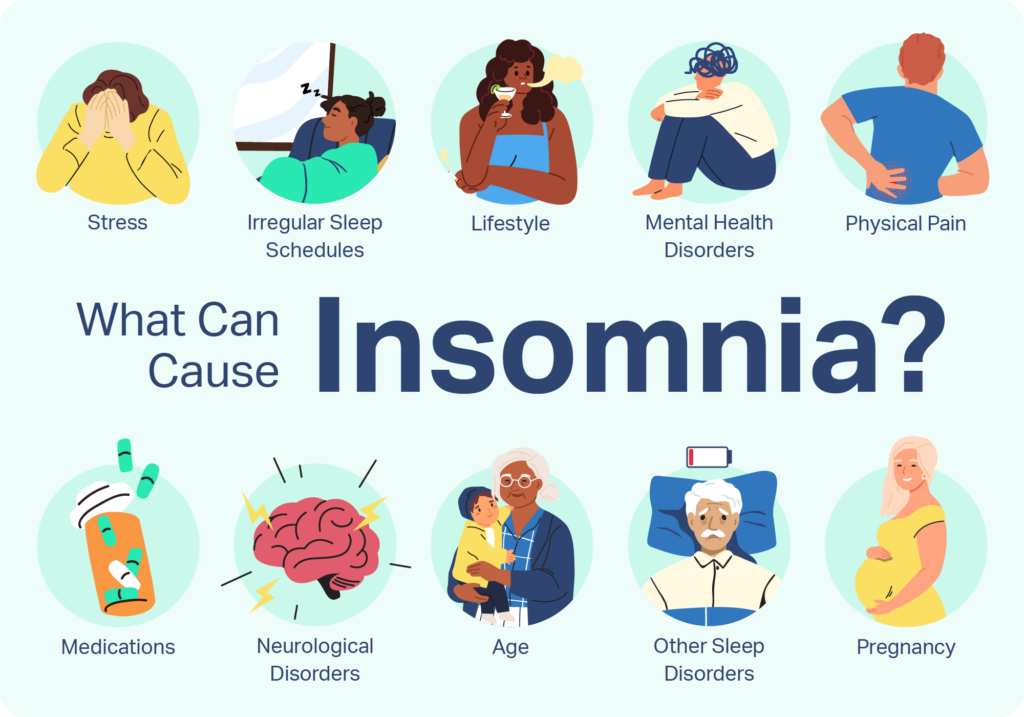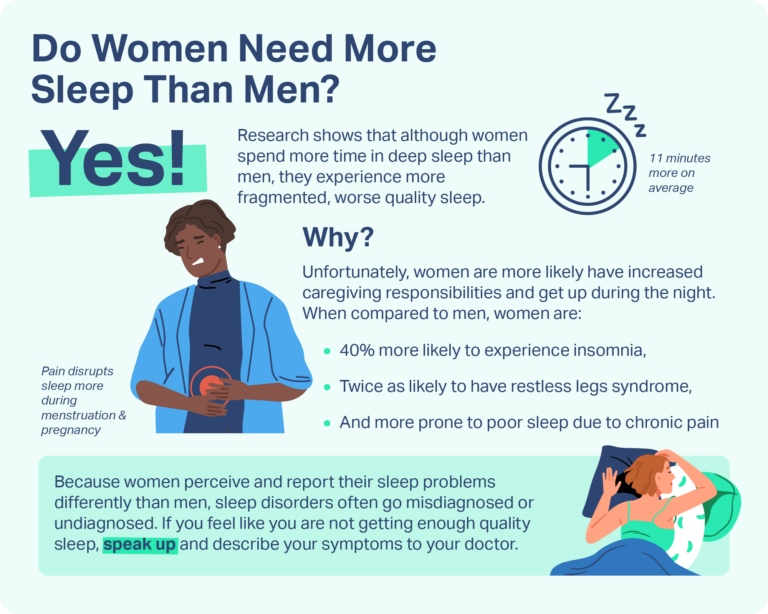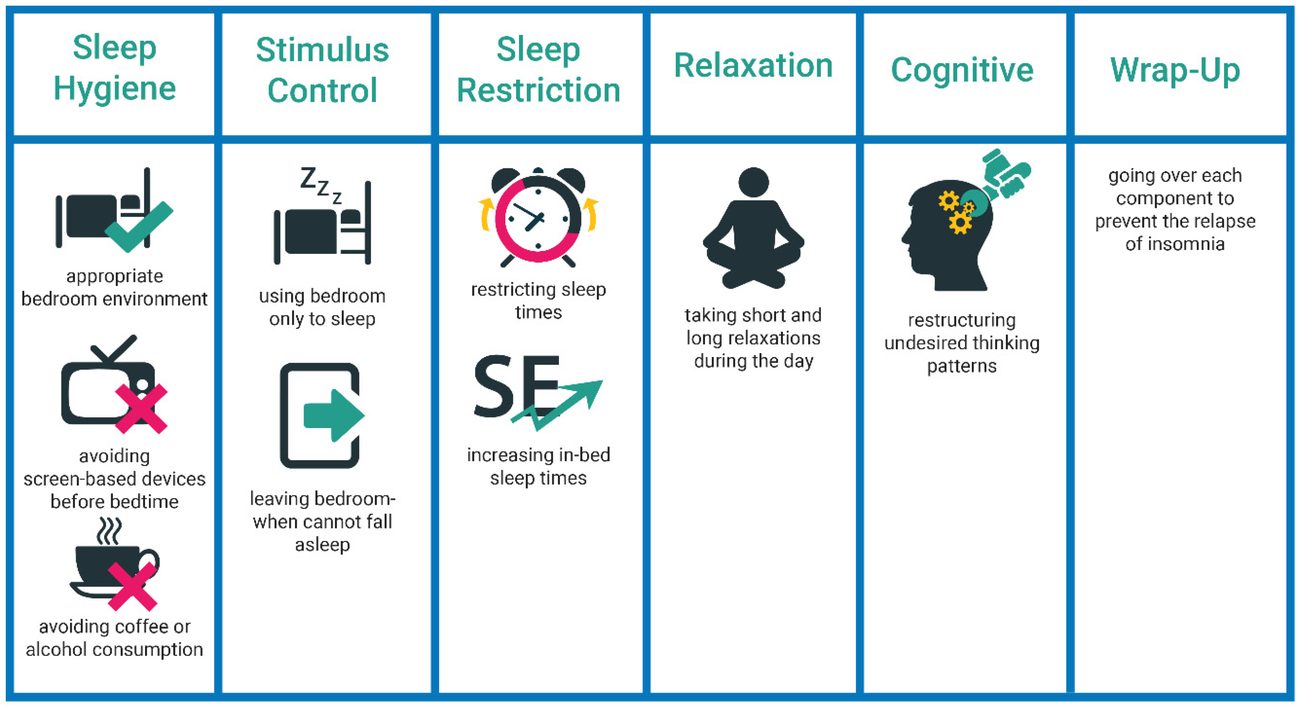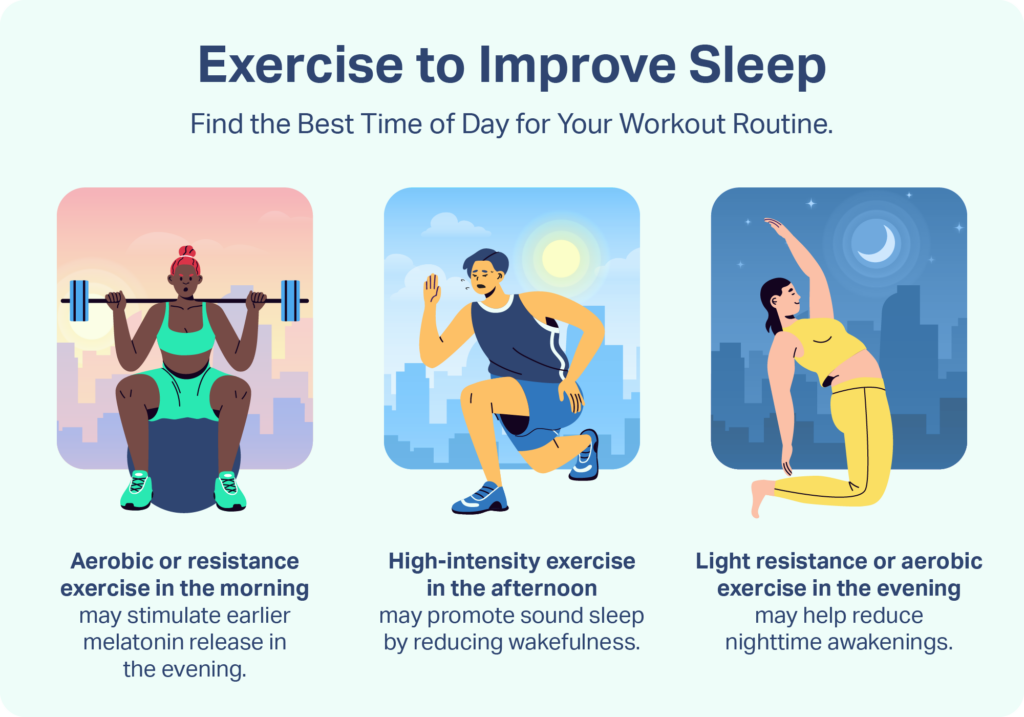- Sleep-Promoting Foods: Tart cherry juice, kiwi fruit, oily fish (like salmon and tuna), poultry, dairy products, whole grains, beans, and pumpkin seeds are rich in nutrients that may help regulate sleep cycles. For instance, tart cherry juice contains melatonin, a hormone that regulates the sleep-wake cycle.
- Tryptophan-Rich Foods: Foods high in the amino acid tryptophan, such as dairy products, poultry, seeds, and whole grains, can promote the production of serotonin and melatonin, which are essential for sleep regulation.
- Balanced Diet: A well-balanced diet with adequate amounts of carbohydrates, proteins, and healthy fats appears to be most beneficial for good sleep. Diets low in fiber, high in saturated fats, or high in sugar have been linked to poorer sleep quality.
- Timing of Meals: Consuming simple carbohydrates a few hours before bedtime can help induce sleepiness, but it’s essential to avoid heavy meals or snacking too close to bedtime, as this can disrupt sleep.
On the other hand, certain dietary habits can contribute to sleep disturbances:
- Consuming caffeine, alcohol, and nicotine close to bedtime can interfere with sleep quality.
- High-fat, high-sugar, and low-tryptophan foods may also negatively impact sleep.
- Skipping meals or irregular eating patterns can disrupt the body’s natural sleep-wake cycle.
Exercise and Physical Activity
Regular physical activity has been shown to improve sleep quality, reduce the time it takes to fall asleep (sleep latency), and promote better overall sleep. Here are some key points about the relationship between exercise and sleep:
- Moderate-Intensity Exercise: Engaging in regular moderate-intensity aerobic exercise, such as brisk walking, cycling, or swimming, can lead to better sleep quality and reduced insomnia symptoms.
- Timing of Exercise: While morning or afternoon exercise can be beneficial, high-intensity workouts close to bedtime may interfere with sleep due to increased body temperature and endorphin levels. It’s generally recommended to exercise at least 1-2 hours before bedtime to allow the body to cool down and wind down.
- Consistency: The benefits of exercise on sleep may be noticeable within the same night or after a few weeks of consistent practice. Sticking to a regular exercise routine is essential for long-term sleep improvements.
- Exercise Type: While aerobic exercise is often studied, any form of physical activity that elevates the heart rate, such as strength training or active yoga, can contribute to better sleep quality.
Incorporating a balanced diet rich in sleep-promoting nutrients and engaging in regular physical activity can be an effective approach to improving sleep health and overall well-being. However, it’s important to consult with a healthcare professional, especially if sleep difficulties persist or worsen, to develop a comprehensive treatment plan tailored to individual needs.
Mindfulness and Relaxation Techniques
Mindfulness and relaxation techniques can be powerful tools for managing insomnia and promoting better sleep. These practices aim to calm the mind, reduce stress and anxiety, and create a state of relaxation conducive to restful sleep.
Meditation
Meditation is a simple yet effective practice that can help alleviate insomnia and sleep troubles by promoting overall calmness and inner peace. There are various forms of meditation, each with its unique approach:
- Mindfulness Meditation: This technique involves focusing on the present moment, increasing awareness of one’s consciousness, breathing, and bodily sensations. It encourages observing thoughts and emotions without judgment, allowing them to pass without attachment or reaction.
- Guided Meditation: In this form, an instructor or audio recording guides the individual through each step of the meditation process. This may include instructions for breathing exercises, visualization techniques, or body scans to promote relaxation.
- Body Scan Meditation: Here, the focus is on bringing awareness to different parts of the body, acknowledging any physical sensations, tension, or pain. This heightened awareness can help release physical and mental stress, preparing the body for restful sleep.
Incorporating meditation into a bedtime routine can be highly beneficial for those struggling with insomnia. It helps quiet the mind, reduce racing thoughts, and cultivate a sense of calmness, making it easier to transition into a relaxed state conducive to sleep.
Breathing Exercises
Controlled breathing techniques are another powerful tool for promoting relaxation and better sleep. By consciously regulating the breath, individuals can activate the body’s natural relaxation response, counteracting the effects of stress and anxiety that often contribute to insomnia.
- Diaphragmatic Breathing: Also known as belly breathing, this technique involves inhaling deeply through the nose, allowing the abdomen to expand, and exhaling slowly through the mouth. This deep, controlled breathing can help lower heart rate and blood pressure, promoting a sense of calm.
- 4-7-8 Breathing: Developed by Dr. Andrew Weil, this technique involves inhaling through the nose for a count of four, holding the breath for a count of seven, and exhaling through the mouth for a count of eight. This rhythmic breathing pattern can help relax the body and mind.
- Alternate Nostril Breathing: In this ancient yoga practice, individuals alternate breathing through each nostril by using their thumb to close one nostril at a time. This balanced breathing pattern is believed to promote relaxation and harmony within the body.
- Box Breathing: This technique involves inhaling for a count of four, holding the breath for a count of four, exhaling for a count of four, and holding the breath again for a count of four. This rhythmic pattern can help regulate the breath and calm the mind.
Incorporating breathing exercises into a bedtime routine can be a simple yet effective way to reduce stress, promote relaxation, and prepare the body and mind for restful sleep. These techniques can be practiced anywhere and do not require any special equipment, making them accessible and convenient for those seeking natural insomnia remedies.
While implementing lifestyle changes and self-help strategies can be effective for managing insomnia, seeking professional help from a qualified healthcare provider is often necessary for more severe or persistent cases. Here, we’ll explore when it’s advisable to consult a doctor and how to find the right sleep specialist to address your specific needs.
When to See a Doctor
It’s crucial to consult a healthcare professional if you experience any of the following situations:
- Persistent Insomnia: If your insomnia symptoms last longer than four weeks or significantly interfere with your daytime activities and ability to function, it’s time to seek medical advice.
- Potential Sleep Apnea: If you wake up gasping for breath or exhibit signs of sleep apnea, such as loud snoring or excessive daytime sleepiness, it’s essential to get evaluated for this potentially serious condition.
- Medication Side Effects: If you’ve recently started a new medication and have noticed disruptions in your sleep patterns, consult your doctor, as insomnia can be a side effect of certain medications.
- Restless Leg Syndrome: If you experience an uncomfortable, crawling sensation in your legs when trying to sleep or during periods of inactivity, it could be a sign of restless leg syndrome, which may require medical intervention.
- Other Medical Conditions: If you experience heartburn, physical pain, changes in mood or energy levels, or any other concerning symptoms that disrupt your sleep, it’s advisable to seek medical attention, as insomnia may be a symptom of an underlying health issue.
- Worsening Symptoms: If you notice a worsening of symptoms, such as increased pain or breathing difficulties at night, or if you experience suicidal, homicidal, or other dangerous thoughts, seek immediate medical care.
Finding a Sleep Specialist
If your primary care physician determines that your insomnia requires specialized care, they may refer you to a sleep specialist or sleep center. Here are some steps you can take to find the right sleep specialist:
- Ask for Referrals: Your primary care physician may have a list of recommended sleep specialists or sleep centers in your area.
- Check with Your Insurance Provider: Contact your insurance provider to obtain a list of covered sleep specialists and sleep centers within your network to avoid unexpected out-of-pocket expenses.
- Online Search: Perform an online search using relevant keywords, such as “sleep specialist” and your location, to find sleep specialists or sleep centers in your area.
- Personal Recommendations: Reach out to friends, family, or colleagues who have undergone sleep studies or worked with sleep specialists for their personal recommendations and experiences.
- Local Hospitals and Sleep Disorder Networks: Contact local hospitals or sleep disorder networks, as they may have lists of affiliated sleep specialists or sleep centers.
When selecting a sleep specialist, consider their areas of expertise, as some may specialize in specific sleep disorders or populations, such as pediatrics, neurology, or psychiatry.
During your initial consultation with a sleep specialist, be prepared to discuss your symptoms, medical history, and any previous attempts to address your insomnia. The specialist may recommend various diagnostic tests, such as a sleep study, to determine the underlying cause of your sleep disturbances and develop an appropriate treatment plan tailored to your needs.
Remember, seeking professional help is a crucial step in effectively managing insomnia and improving your overall quality of life. With the guidance of a qualified healthcare provider, you can find the right solutions to overcome your sleep difficulties and achieve the restorative sleep your body needs.
Conclusion
Embarking on the journey to conquer insomnia involves exploring a constellation of treatments, from enhancing sleep hygiene and engaging in cognitive behavioral therapy to evaluating diet and lifestyle changes. These multifaceted approaches underscore the reality that while insomnia can be daunting, it’s not insurmountable. Tailoring these methods to fit personal needs offers the most promising path to reclaiming the restorative power of sleep, ultimately improving one’s quality of life. Understanding the complexity of insomnia and the spectrum of available treatments equips individuals with the knowledge to navigate their path to better sleep with confidence and clarity.
For those seeking support beyond self-help strategies, professional guidance can be invaluable. At Inquire Talk, our compassionate therapists are here to assist you in your mental health journey, offering online counseling, therapy, and psychotherapy services designed to promote well-being and healthier connections. It’s crucial to remember that help is available and reaching out for support is a brave first step towards achieving not only improved sleep but also a happier and healthier life. Discover more about how we can support your journey to better sleep and overall mental health by visiting our website.
FAQs
What is NooCube Sleep Upgrade?
A: NooCube Sleep Upgrade is a natural sleep supplement designed to improve sleep quality. It contains ingredients like Lavender, Magnesium, and Lemon Balm, which help promote relaxation and reduce anxiety, aiding in better sleep.
How does NooCube Sleep Upgrade work?
NooCube Sleep Upgrade works by supporting your body’s natural sleep cycle. Its blend of natural ingredients helps you fall asleep faster, stay asleep longer, and wake up feeling refreshed without the grogginess associated with traditional sleep aids.
Can NooCube Sleep Upgrade help with chronic insomnia?
A: While individual results may vary, many users have found that NooCube Sleep Upgrade effectively complements their efforts to manage chronic insomnia. By promoting relaxation and reducing anxiety, it can be an integral part of a holistic approach to improving sleep.
Is NooCube Sleep Upgrade safe to use?
Yes, NooCube Sleep Upgrade is made from natural ingredients and is designed to be safe for regular use. However, it’s always a good idea to consult with a healthcare professional before starting any new supplement, especially if you have underlying health conditions or are taking other medications.
How should I incorporate NooCube Sleep Upgrade into my sleep routine?
To get the best results, take NooCube Sleep Upgrade as directed on the packaging, typically before bedtime. Combining it with other sleep hygiene practices, such as maintaining a regular sleep schedule and practicing relaxation techniques, can enhance its effectiveness.
Where can I purchase NooCube Sleep Upgrade?
You can purchase NooCube Sleep Upgrade directly from the official NooCube website – Click Here. Be sure to buy from the official site to ensure you’re getting a genuine product.
What is the most effective treatment for insomnia?
Cognitive Behavioral Therapy for Insomnia (CBT-i) is widely regarded as the primary treatment for insomnia, primarily because it lacks the health risks associated with sleep medications. CBT-i is typically administered by a licensed psychologist trained specifically in this therapy.
How can I modify my bedroom environment to combat insomnia?
To create a sleep-friendly environment, maintain comfortable levels of light, noise, and temperature. Use the bedroom exclusively for sleep and sexual activities to help your body associate the space with rest. Additionally, keep clocks out of direct view to avoid clock-watching, which can disrupt sleep.
Which insomnia treatment is considered the best globally?
Globally, Cognitive Behavioral Therapy (CBT) for insomnia is highly recommended. This therapy helps manage or eliminate negative thoughts and behaviors that cause sleeplessness. It is often as effective, if not more so, than sleep medications.
Are there any quick remedies for insomnia, and are they effective?
Common quick remedies include drinking warm milk or chamomile tea before bed, both of which may have calming effects on the brain to facilitate sleep. Ensuring your bedroom is dark can also significantly improve your ability to fall and stay asleep. These methods can be effective for some people.




